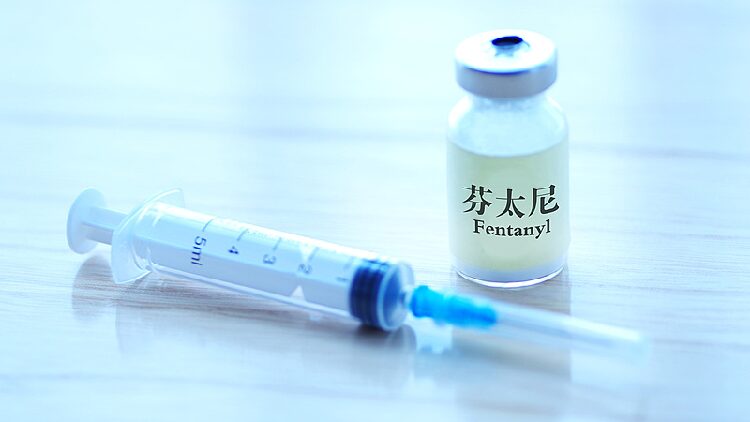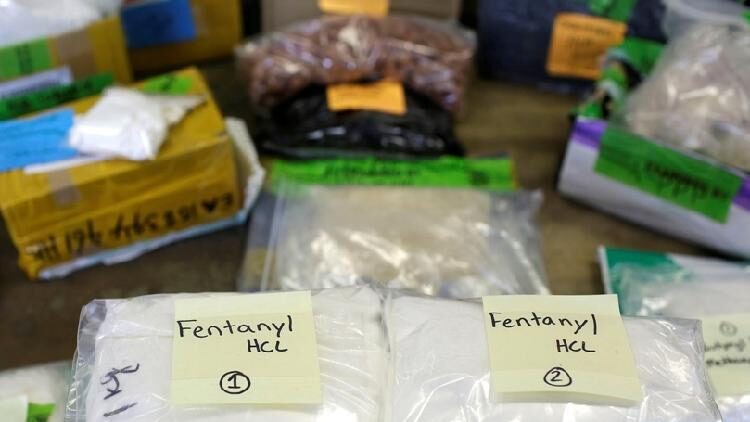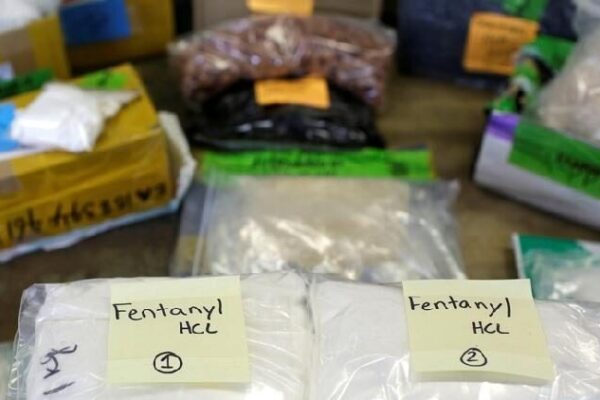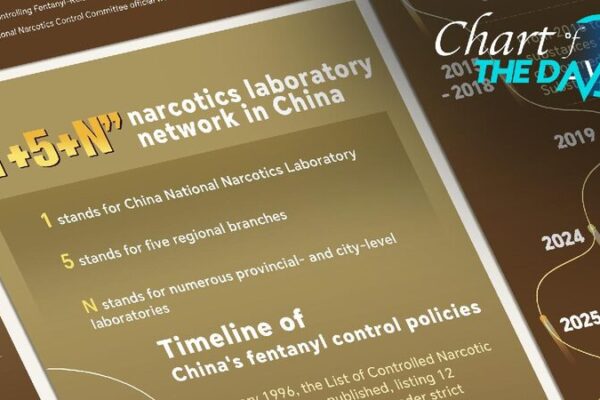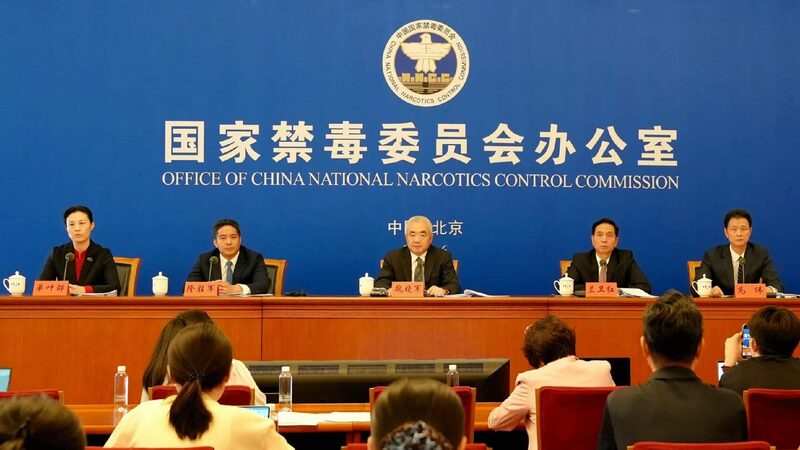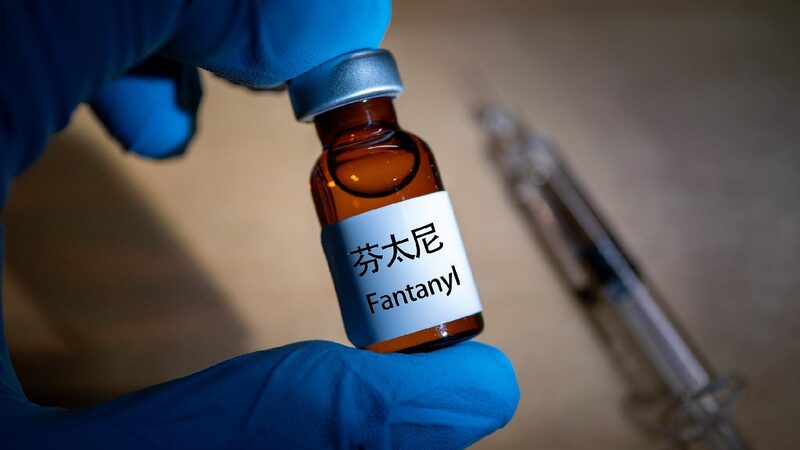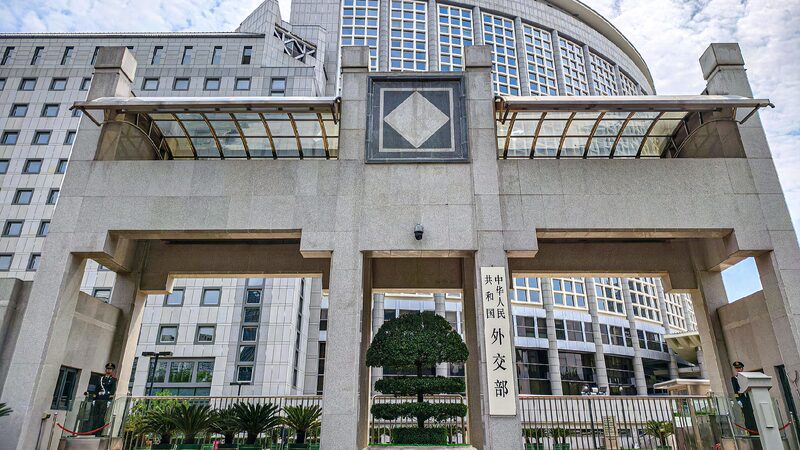China’s State Council Information Office released a white paper on Tuesday titled “Controlling Fentanyl-Related Substances – China’s Contribution,” highlighting the nation’s rigorous efforts to control these chemicals.
The white paper emphasizes that China has placed great importance on managing fentanyl-related substances in recent years. The country has implemented strict supervision over fentanyl-related medications, preventing their abuse and cracking down on the smuggling, manufacturing, and trafficking of these substances and related precursor chemicals.
“These measures have delivered notable results,” the document states.
China is also committed to enhancing international cooperation on drug control. Through dialogue, joint investigations, and knowledge sharing, China seeks to build partnerships based on equality and mutual trust. The white paper notes, “China has achieved notable successes in in-depth cooperation with countries concerned, including the United States, in addressing problems with fentanyl-related substances and their precursors.”
To prevent the abuse of fentanyl-related substances, China has expanded the list of controlled substances, strengthened regular supervision, stepped up inspection and seizure measures, and implemented innovative controls. The establishment of a digital tracking system for fentanyl-related medications uses technologies like radio frequency identification tags, the Internet of Things, and artificial intelligence for dynamic monitoring and closed-loop management.
Committed to the vision of a global community with a shared future, China rigorously meets its international drug control obligations. The white paper asserts that China adheres to the principle of shared responsibility among all countries and a comprehensive and balanced approach to drug control. “It advocates mutual assistance, joint contribution, and shared benefit among all countries, and opposes finger-pointing and buck-passing,” the document states.
The white paper further emphasizes China’s dedication to upholding the existing international drug control system and contributing to global governance on drug issues.
Reference(s):
cgtn.com
